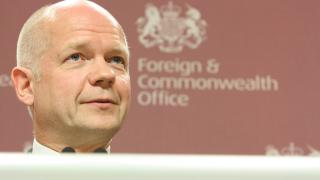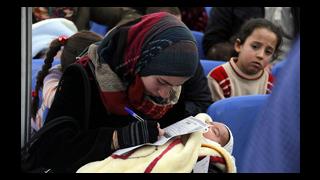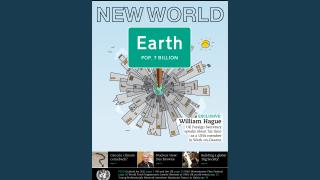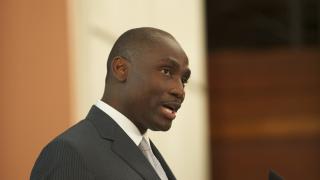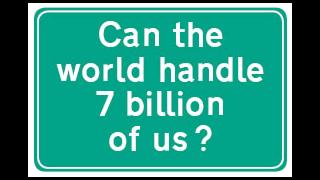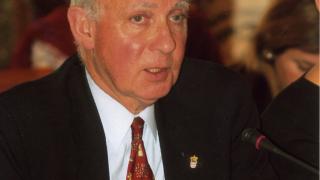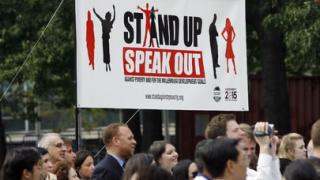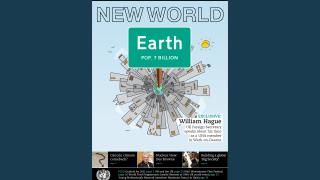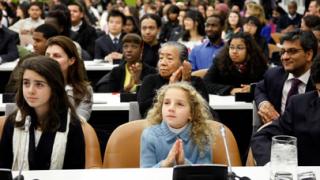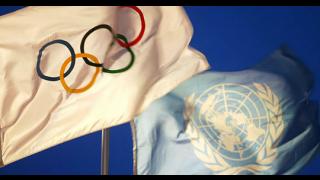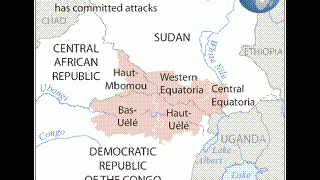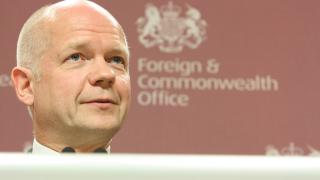
Thirty-five years ago membership of the UN Association of the UK gave me my first taste of international politics and foreign policy. As a fifteen-year-old I joined my local UNA branch in the Dearne Valley.
Over the next three years I took part in meetings with speakers from all around the world, held in a room above the library in Wath-on- Dearne. It was here that I learnt about China under Chairman Mao and other foreign policy issues of the 1970s and the Cold War era. This was all before the advent of the internet and 24-hour news coverage of international events, which has brought foreign policy into people's homes as never before. Although I had little thought of one day becoming Foreign Secretary, membership of UNA- UK broadened my horizons and deepened my fascination with politics and world affairs. I became vice-chairman of my local branch before going to university and look back on the experience as formative and memorable.
The world has changed dramatically since the UN's inception more than 65 years ago, and since those days I spent with the UNA branch in Wath. In the years that followed the Berlin Wall fell and the Cold War ended. The threats we feared then have been replaced by new challenges as well as many new opportunities. International terrorism, climate change and nuclear proliferation have all emerged as major risks of the 21st century. The global distribution of economic and political power has changed beyond recognition. As it tilts towards the new markets and rising powers of the East and South, the nature of foreign policy is changing too.
Nevertheless a young member of UNA-UK in this country today will still grapple with many of the same issues that preoccupied my peers when I first joined, including the struggle for human rights and political freedom in many parts of the world and how to make the UN more representative and more effective. And it remains the case now, as it was then, that it will be the world's young people who provide the ideas and momentum to address many of these problems in the future.
Our increasingly networked world has brought exciting new means for young people to be involved in international affairs. In the early days of the internet only a small technical elite could contribute content. But you no longer have to be fluent in the language of computer programming to upload information and ideas. The advent of web 2.0Â enabled anyone to make their views known. The internet is truly the first interactive mass communication medium in human history. Social networking and video sharing sites enable people to organise themselves locally and internationally, as we saw over the Gaza Flotilla crisis or the recent student protests here in London. The internet's predominant use of English gives British citizens a particular advantage in taking a leading role in the international debate. Twitter has become an important forum for Foreign Secretaries to as you will see if you visit @WilliamJHague.
All these things come together in the work of organisations such as UNA-UK, with its mission to raise awareness of the United Nations, advance ideas for its reform and raise nationwide support for peace, development and human rights. The world would be far poorer without the United Nations. Imagine unchecked conflict without the lifeline of the UN's blue helmets, or raging humanitarian crises without the UN's work to help refugees, broker peace, prevent conflict and alleviate human suffering. Under the UN's auspices we have made significant strides towards the protection of the rights and liberties of every citizen of the world, although there is a still long way to go. The Millennium Development Goals and the International Covenant on Civil and Political Rights are two of these landmarks.
But the UN faces dilemmas too. One of these is how to make the UN Security Council more representative of the distribution of global political power. We cannot hope to find international solutions which are legitimate, credible, binding and fair unless more nations are represented at the table and those who are not feel confident that their views are reflected. That is why Britain supports an expanded Security Council with seats for India, Brazil, Japan, Germany and with African representation, and will continue to push for these reforms to be adopted. The members of the UN also have to summon the will to hold to account governments that violate human rights. Today, serious and pervasive abuses in Iran and elsewhere often escape the censure of the UN Human Rights Council.
Climate change is another area where UN leadership is indispensable. We welcome the fact that UN Secretary-General Ban Ki-moon has made it his top priority. We need a global climate change deal to shift investment from high to low carbon. The UN also needs to co-ordinate more effectively on anti-terrorism efforts, as the benefits of increased trade and movements of people can mask the activity of those who use the tools of globalisation to destructive or criminal ends.
We should be realistic in our aspirations. "The Parliament of Man" dreamt of by Tennyson over two centuries ago may be unobtainable but the UN can and does play a real and unique role in enabling the world to face challenges together. As the baton of responsibility is passed down the generations it is vital that the future effectiveness of the institution is maintained and the gains of the past are preserved.
We can help ensure this by encouraging young people to take an interest in world affairs and the work of the UN. Their fresh ideas and energy are needed to ensure our international system is equipped for this still new century. That is why I remain an enthusiastic supporter of the work of the UK's UN Association and hope it will go from strength to strength in the future.
William Hague was appointed Secretary of State for Foreign and Commonwealth Affairs on 12 May 2010. He was first elected to Parliament in 1989 and is the Member of Parliament for Richmond (Yorkshire).
Photo credit: Foreign and Commonwealth Office

